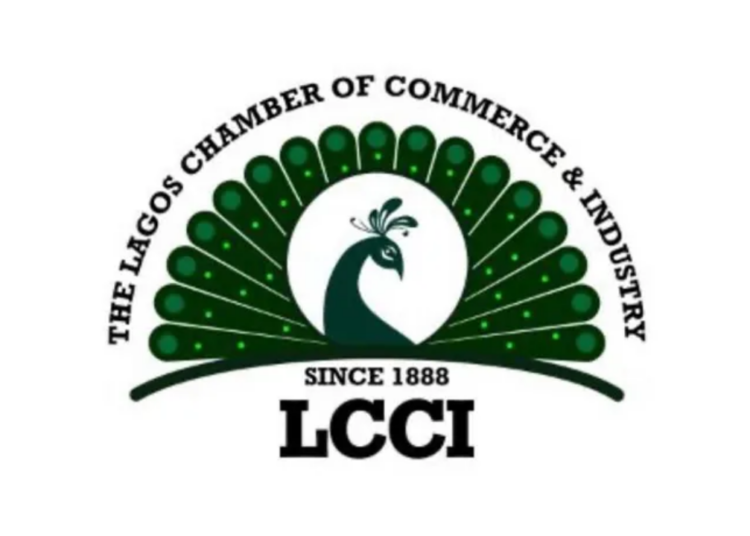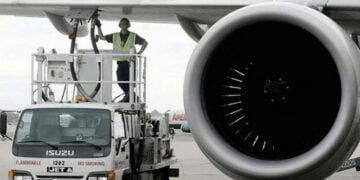The Lagos Chamber of Commerce and Industry (LCCI) has advocated coordinated policies, regulatory clarity, fiscal incentives, and infrastructure investments to drive sectors like CNG adoption, enhance local content, and address trade deficits, positioning Nigeria for diversified and inclusive economic prosperity.
The president of LCCI, Mr Gabriel Idahosa, stated this at a press conference on the state of the economy organised by the Chamber in Lagos, yesterday.
Idohosa noted that with proven reserves of 206 trillion cubic feet of gas, Nigeria has the resources to drive a cleaner, cheaper energy revolution.
He stated that, “over 186 vehicle-conversion centres and 56 refuelling stations have been established, with more than $400 million in cumulative investment. Yet adoption remains limited by high conversion costs, inadequate infrastructure, and regulatory overlap.”
The Chamber called for a unified regulatory framework across relevant agencies, targeted fiscal incentives for investors, and temporary subsidies to boost uptake until the ecosystem reaches scale, saying “our goal should be to achieve at least 40 per cent local content by 2027 and to make CNG an actual bridge between affordability and environmental sustainability.”
Idahosa added that “Nigeria imported N815 billion worth of animals in the first half of 2025, resulting in a N763 billion trade deficit. This underscores profound structural weaknesses in local production.
“We must urgently invest in modern ranching, feed systems, cold-chain logistics, and dairy infrastructure to reduce our dependence on imports and create new job opportunities. Within five years, Nigeria should be able to halve livestock exports through coordinated policy, financing, and security support for agribusinesses.”
He noted that “the Chamber remains concerned about the four percent Free-on-Board (FOB) levy on exports. While the intent to enhance revenue is understandable, this policy undermines competitiveness, discourages manufacturing, and contradicts the diversification agenda.”
LCCI president called for a review of the levy to expand the list of exempted products, particularly those related to agricultural inputs, renewable energy, and industrial machinery, saying that this review should align revenue generation with trade facilitation objectives rather than penalising producers.
He pointed out that “the Chamber is concerned about the 13 per cent decline in gas production recorded in September 2025.
This reduction, caused by vandalism and operational downtime, poses a threat to energy security and the reliability of power generation.
“We urge the government to prioritise pipeline protection, community engagement, and consistent pricing frameworks to attract investment. Without stable gas output, the ‘Decade of Gas’ initiative cannot deliver its promise.”
Looking ahead, LCCI believed that “sustained economic recovery depends on synergy between fiscal and monetary policy. Fiscal reforms must emphasize efficiency and accountability, while monetary policy should remain predictable and supportive of the real sector.
“Nigeria must diversify its economy beyond oil by expanding value-added activities in agriculture, manufacturing, and digital trade. Above all, institutional credibility and good governance remain the foundation of investor confidence and sustainable prosperity.”





